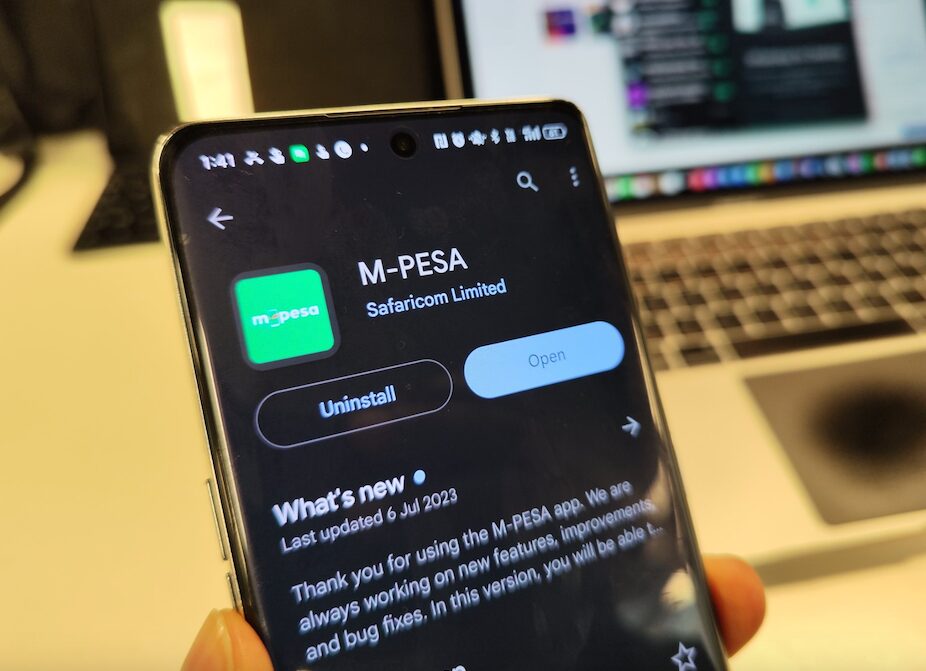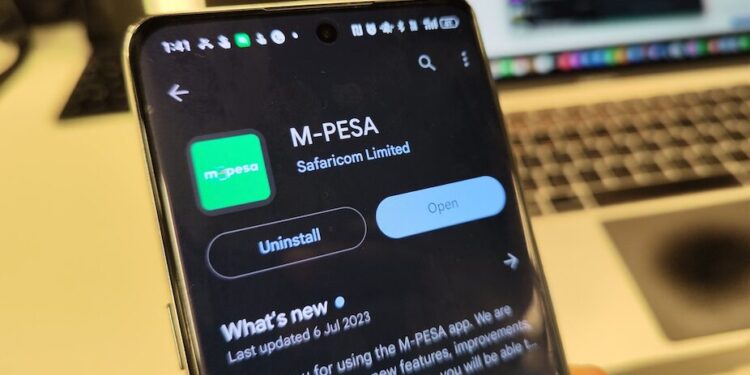The country’s most widely used mobile money service is entering a new phase of technological transformation with the rollout of Fintech 2.0, a next-generation core system designed to handle surging transaction volumes, reduce downtime, and prepare for advanced artificial intelligence integration.
Safaricom, which operates M-PESA across Kenya and several African markets, announced the transition during the 18th anniversary of the service, positioning the upgrade as a response to both rising consumer demand and the need to strengthen resilience in a rapidly digitising economy.

The platform overhaul is anchored on three areas: microservices, cloud infrastructure, and artificial intelligence, with each component intended to deliver greater flexibility, speed, and security.
Esther Waititu, Chief of Financial Services at Safaricom, said the redesign will allow the company to introduce new solutions without disrupting the wider ecosystem while supporting faster processing speeds at a time when daily usage is reaching historic peaks.
“When we started 18 years ago, we processed fewer than 100 transactions per second,” said Waititu.
“Today, we average 100 million transactions daily, and during peak hours the load rises to more than 4,200 customers transacting each second, which requires a fundamentally different system architecture.”
The company’s shift to cloud infrastructure is expected to unlock higher performance and scalable resources, enabling the service to support more than 10,000 transactions per second, double the current capacity of the G3 system.
According to Waititu, the move will also enhance the speed of payments, an area of growing importance as new use cases such as e-commerce, digital lending, and cross-border payments expand M-PESA’s role in Africa’s financial landscape.
Felix Rop, Head of Financial Services IT at Safaricom, noted that the complexity of the upgrade reflects the exponential growth of traffic since the last system migration in 2015.
“Back then, we managed about 200 transactions per second,” said Rop.
“Today, peaks reach almost 4,400, and any downtime, even for a second, has immediate consequences for thousands of customers.”
He added that Fintech 2.0 will cut downtime through online upgrades, with a design that promises 99 percent service availability compared to the previous model where maintenance interruptions were unavoidable.
The scheduled migration will take place on Monday, September 22, 2025, between 12:30am and 3:30am, during which all M-PESA services, including airtime purchases, will be temporarily unavailable.
Safaricom said the late-night timing was chosen to minimise inconvenience, while asking customers to plan transactions in advance of the maintenance window.
Beyond operational efficiency, the integration of artificial intelligence is expected to deliver more personalised customer solutions and strengthen fraud detection capabilities.
For a business that processed over 100 million daily transactions in 2024 and generated Ksh 139.9 billion in revenue, the ability to pre-empt risks and tailor services to user behaviour is seen as vital to sustaining growth.
M-PESA currently serves more than 32.1 million customers in Kenya and over 70 million globally, operating in markets such as Ethiopia, Tanzania, Mozambique, the Democratic Republic of Congo, Lesotho, Ghana, and Egypt.
It has also become a cornerstone of financial inclusion, lifting Kenya’s access to formal financial services from just 26.7 percent in 2006 to 83.7 percent by 2021, while creating a network of over one million businesses and agents across the region.
By repositioning its core system, Safaricom is betting that M-PESA’s future lies not only in sustaining its role as Kenya’s financial backbone but also in scaling to meet the demands of a broader African digital economy that is becoming increasingly reliant on mobile transactions.
Kenyan Business Feed is the top Kenyan Business Blog. We share news from Kenya and across the region. To contact us with any alert, please email us to [email protected]












